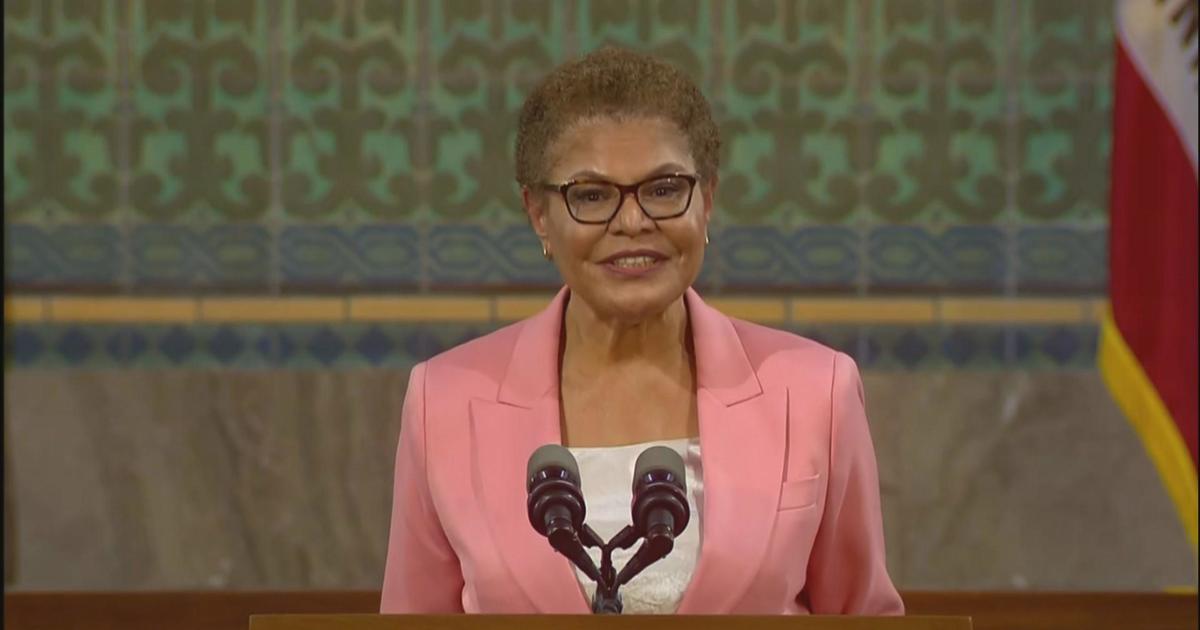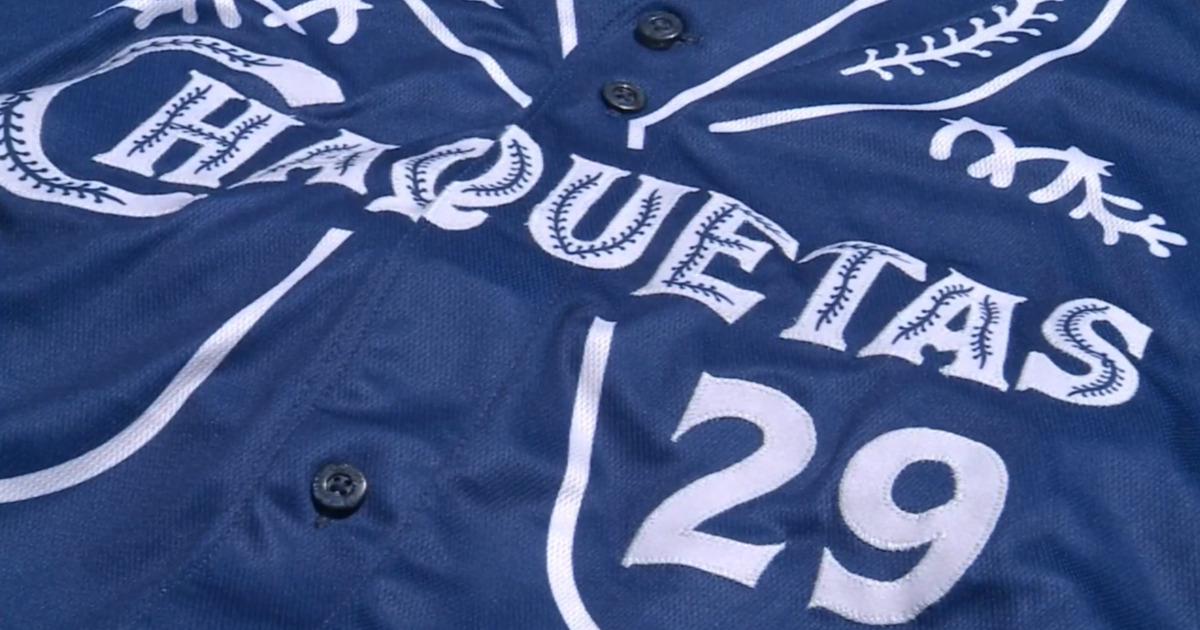Bruce Springsteen Shows Ticket Scalpers Who's Boss
LOS ANGELES (CBS) — Ticketmaster Entertainment has developed a new way to resell tickets that shuts out the brokers and scalpers it has long scorned, and instead keeps the profits for itself, musicians and venue owners.
The system relies on Ticketmaster's "paperless" ticketing platform, which makes customers prove their purchase by showing a credit card and ID when they arrive at an event. Without paper tickets, there's nothing for scalpers to resell.
Now with its new exchange system, Ticketmaster has come up with a way to let buyers resell a paperless ticket, while still cutting out ticket-resale leader StubHub and other brokers. That gives Ticketmaster a chance to capture more of the so-called secondary market, which generates greater fees and profits per ticket, although fans sometimes feel ripped off.
Paperless tickets still account for fewer than 1% of all ticket sales, said analyst Brett Harriss of Gabelli & Co.
But that could be changing. Prominent musicians, such as Miley Cyrus and even former Ticketmaster critics Bruce Springsteen and Nine Inch Nails' Trent Reznor, have taken up Ticketmaster's paperless tickets. Nine Inch Nails' website called the move "an effort to keep tickets in the hands of the fans and out of the hands of brokers/scalpers."
The resale system debuted this month at Penn State's college football season opener and is likely headed for other collegiate stadiums. The university's trial of the system cut reselling dramatically, partly because a cap was put on the price for which tickets could be resold.
The system involved 21,000 season tickets for the Nittany Lions' eight home games, which for years have been reserved for full-time Penn State students. The tickets are highly prized because they come at a big discount and Beaver Stadium is usually packed to its capacity of 108,000.
Students can buy season tickets for about $240, or $30 per game (counting Ticketmaster fees), and up until a couple weeks ago, there had been a profitable market for reselling that package to other students for as much as $1,400.
Penn State capped the number of games students could resell at six. It also limited the resale price per game to $60, or about twice the face value and fees on the original tickets. That capped a reseller's potential profit at $120, counting fees paid to Ticketmaster, as opposed to nearly $1,200 in the past.
Just 965 students chose to resell their tickets for the season opener against Akron on Sept. 5, and the average resale price was just $39.61, said associate athletic director Greg Myford.
"The students seem to be grateful for that," Myford said. "They can get a ticket and they don't have to worry about really being gouged. We've largely eliminated those only interested in scalping from the process."
The new limits helped Mike Elia, a Penn State senior who was tossing around a football in the student tent city of "Paternoville," which honors coach Joe Paterno, on the Friday before the game.
"I like it. I think it's a step in the right direction," he said. "My sophomore year, I didn't get student tickets, so I think this system will better ensure that students will be able to get tickets."
The online exchange also proved that it can bring Ticketmaster higher fees per ticket than the original sale.
For the initial sales run, fees amounted to a little more than $4 per ticket, but on resales the buyer was required to pay $1.95 and a 15% transaction fee - up to $10.95 a pop. In the home opener, the total resale fee averaged $7.89 and was shared between Ticketmaster and the university.
The system required both the buyer and seller to use their student IDs, so resellers had to use Ticketmaster's online trading system to transfer or trade. The buyer couldn't then resell the paperless ticket.
Artists or venue owners will determine whether an event with paperless ticketing makes use of the new exchange system, said Dave Scarborough, Ticketmaster's executive vice president of technology. He said the fees Ticketmaster will collect on the resales are needed to "recoup our investment in the technology."
StubHub, a subsidiary of eBay, said the setup limited options for fans.
"We don't think fans are excited about the lack of choice and the lack of options outside of the Ticketmaster wall," said StubHub spokesman Andy Pray. "It limits the choices for fans if they want to resell or pass them along the chain."
It's also a shift in opinion for Ticketmaster. Its CEO, Irving Azoff, told a Senate hearing in February that "I don't believe there should be a secondary market at all."
The executive was addressing antitrust concerns about Ticketmaster's pending merger with concert promoter Live Nation.
He said he never would have bought resale site TicketsNow, the No. 2 online broker for paper tickets, if he had been in charge when Ticketmaster's $279 million deal for TicketsNow closed in February 2008.
In that Senate hearing, Azoff was also dealing with the fallout from an online "glitch" in which Ticketmaster routed Springsteen fans to higher-priced concert seats from TicketsNow even as face-value tickets were still available.
Even last week, Azoff called Ticketmaster's ownership of TicketsNow "an oxymoron," but said he couldn't manage to sell it off.
"It's hard to get rid of it," he told an investor conference. Azoff was not available to be interviewed for this story.
(©Copyright 2012 The Associated Press. All Rights Reserved. This material may not be published, broadcast, rewritten or redistributed.)



